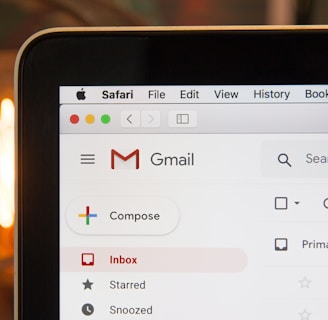Common Mistakes in Business English #05: Using “I Hope This Email Finds You Well” Too Often
Common Mistakes in Business English
2/17/20251 min read


Common Mistakes in Business English #5: Using “I Hope This Email Finds You Well” Too Often
Many professionals overuse the phrase “I hope this email finds you well” in business emails. While it is polite, it sounds generic, repetitive, and impersonal. Here’s how to start emails more effectively.
1. Why You Should Avoid This Phrase
🔴 Example of Overused Phrase:
📩 “I hope this email finds you well. I am writing to follow up on our project.”
💡 Why is this a problem?
• It sounds too formal and robotic.
• Many professionals see this phrase multiple times a day—it adds no real value.
2. Better Alternatives for Different Situations
✅ If you know the person well:
✔ “I hope you’re having a great week.”
✔ “I hope things are going well on your side.”
✅ If following up on a previous conversation:
✔ “It was great speaking with you last week.”
✔ “I appreciate your time in our last meeting.”
✅ If you need a response:
✔ “I wanted to follow up on my last email regarding [topic].”
✔ “I am reaching out to check the status of [project/request].”
3. Quick Exercise: Rewrite These Openings in a More Natural Way
1. “I hope this email finds you well. I am following up on our meeting.”
2. “I hope you are doing well. Can you send me the latest report?”
3. “I hope this message reaches you in good health. I wanted to discuss our proposal.”
🔹 Answers:
1. “It was great meeting with you. I am following up on our discussion.”
2. “I wanted to check if you could send me the latest report.”
3. “I’d like to discuss our proposal with you.”
By using more natural and meaningful email openers, you sound more professional, engaging, and to the point! ✉️🚀
info@prodisiplin.com
+90 541 112 24 22
© 2025. All rights reserved.
Istanbul, Umraniye


